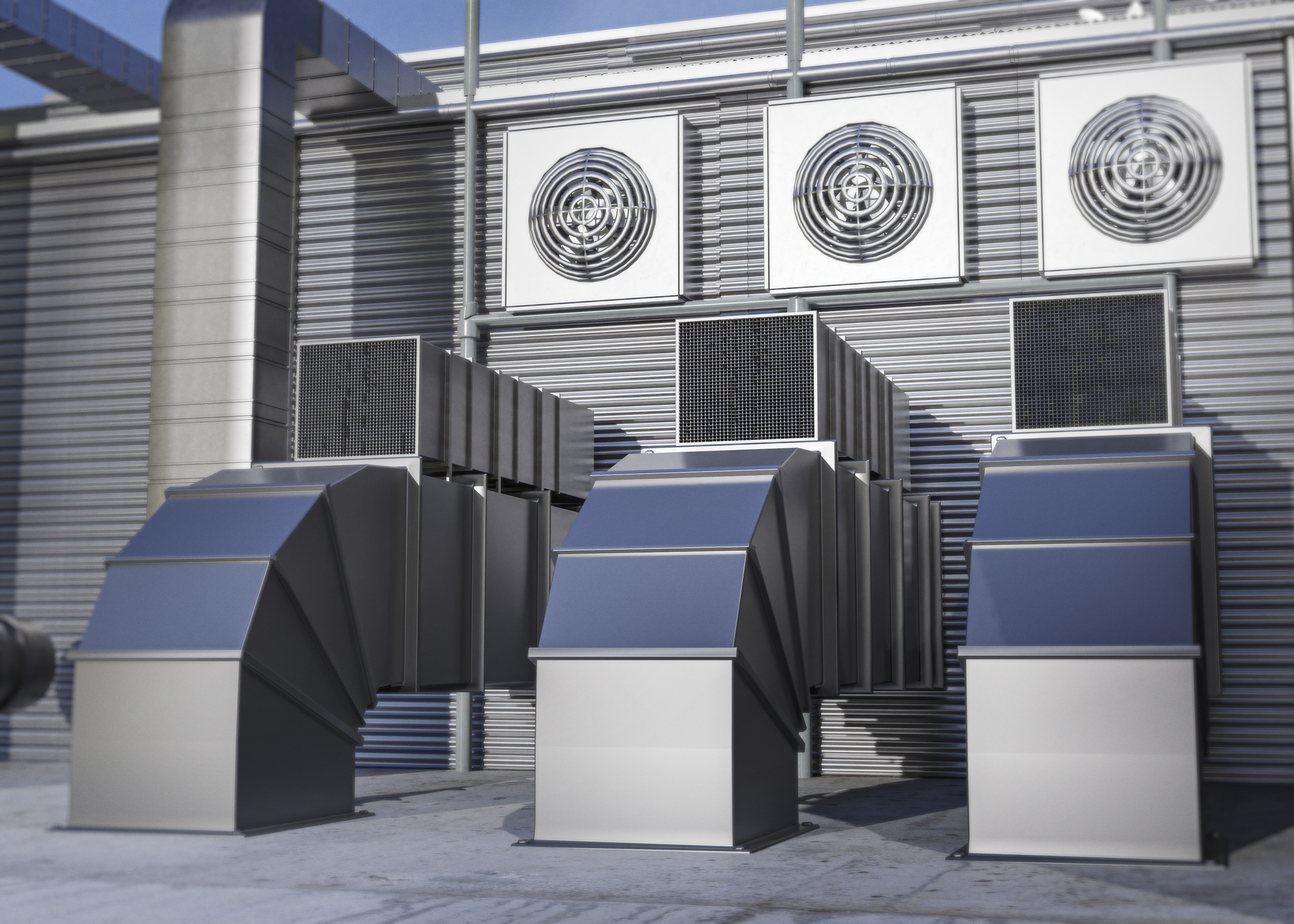Heat pumps
A heat pump is an energy-efficient device that transfers heat from one place to another, using a small amount of electrical energy. It can both heat and cool spaces by extracting heat from the air, ground, or water outside and moving it indoors during colder months, or reversing the process to cool indoor spaces during warmer months. Heat pumps are widely used in residential, commercial, and industrial settings for space heating, cooling, and water heating, offering a sustainable alternative to conventional heating and cooling systems by reducing energy consumption and greenhouse gas emissions.

